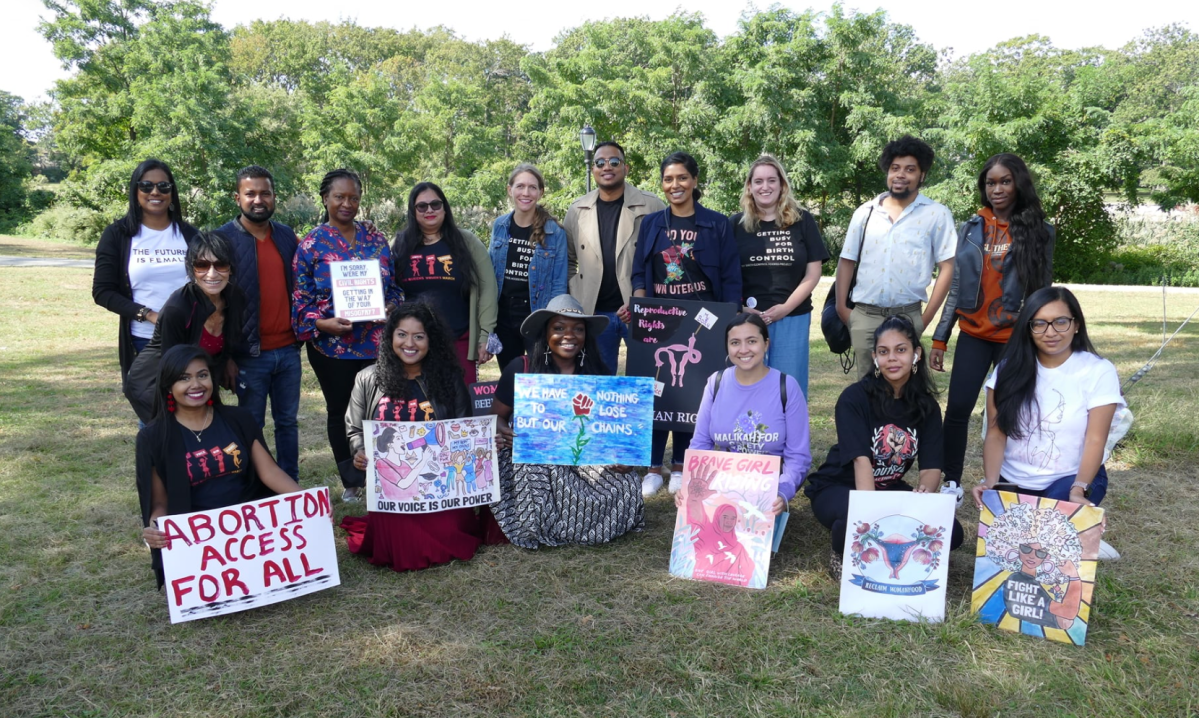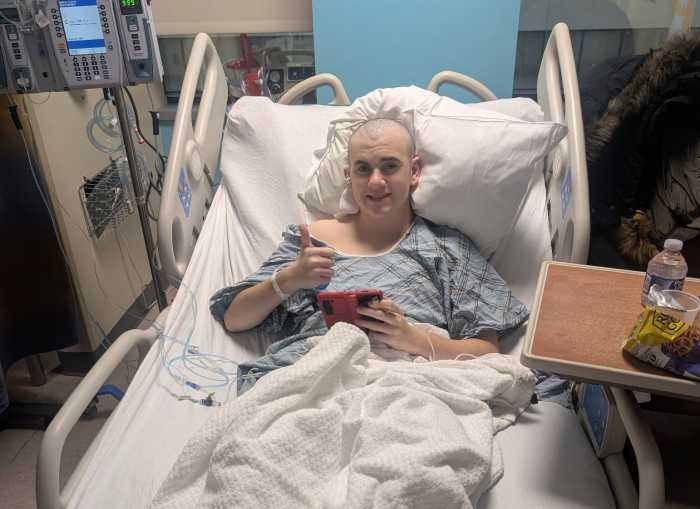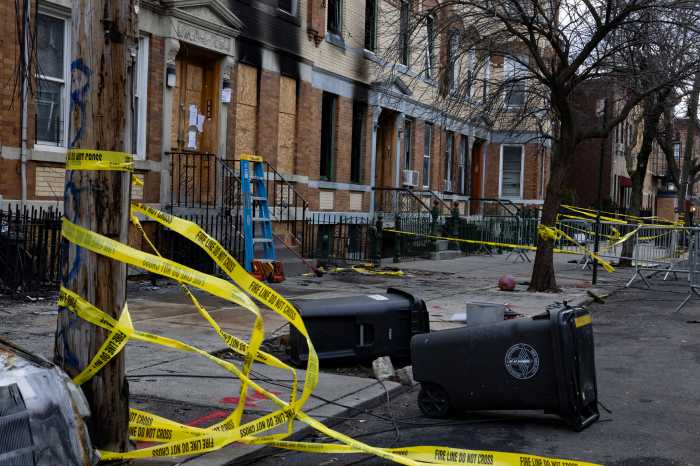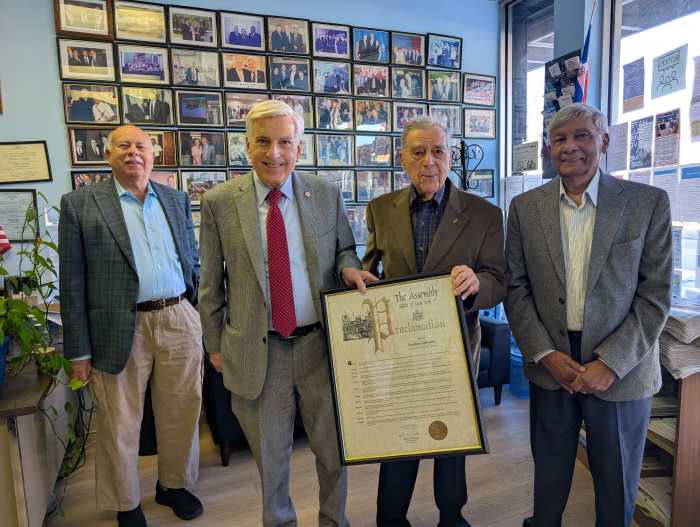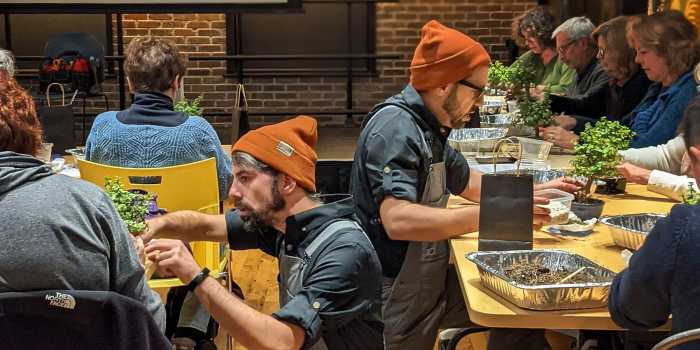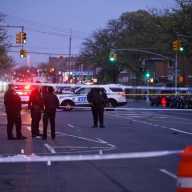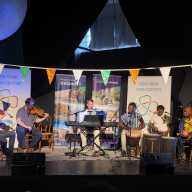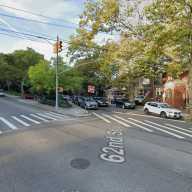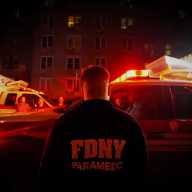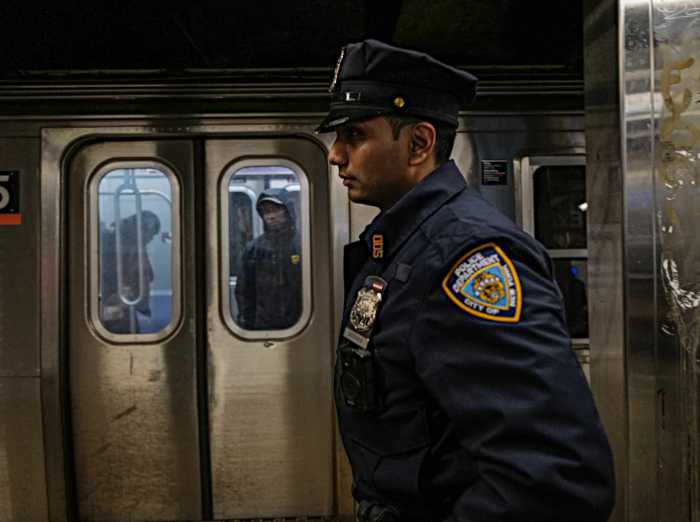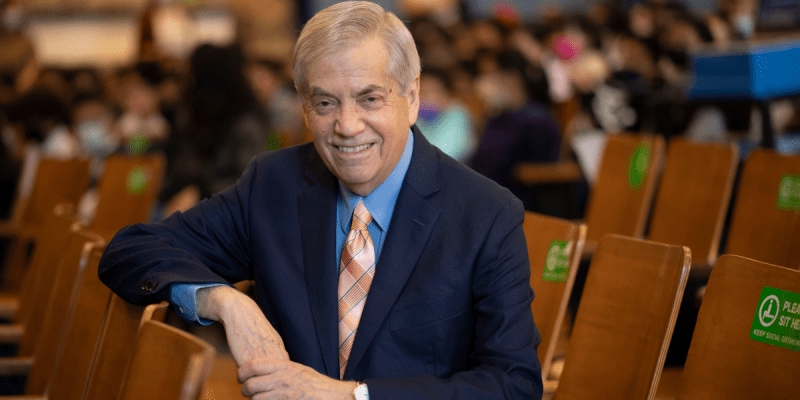As thousands of demonstrators across the country held rallies on Saturday, Oct. 2 for women’s reproductive rights, a Queens organization held its first justice rally at Springfield Gardens speaking out against the Texas abortion law, which bans most abortions in the state.
South Queens Women’s March (SQWM), an all-volunteer multi-generational, intersectional platform working to foster women’s empowerment, rallied at Brookville Park near Brookville Boulevard and 147th Avenue with local elected officials, reproductive rights advocates, local activists and SQWM members.
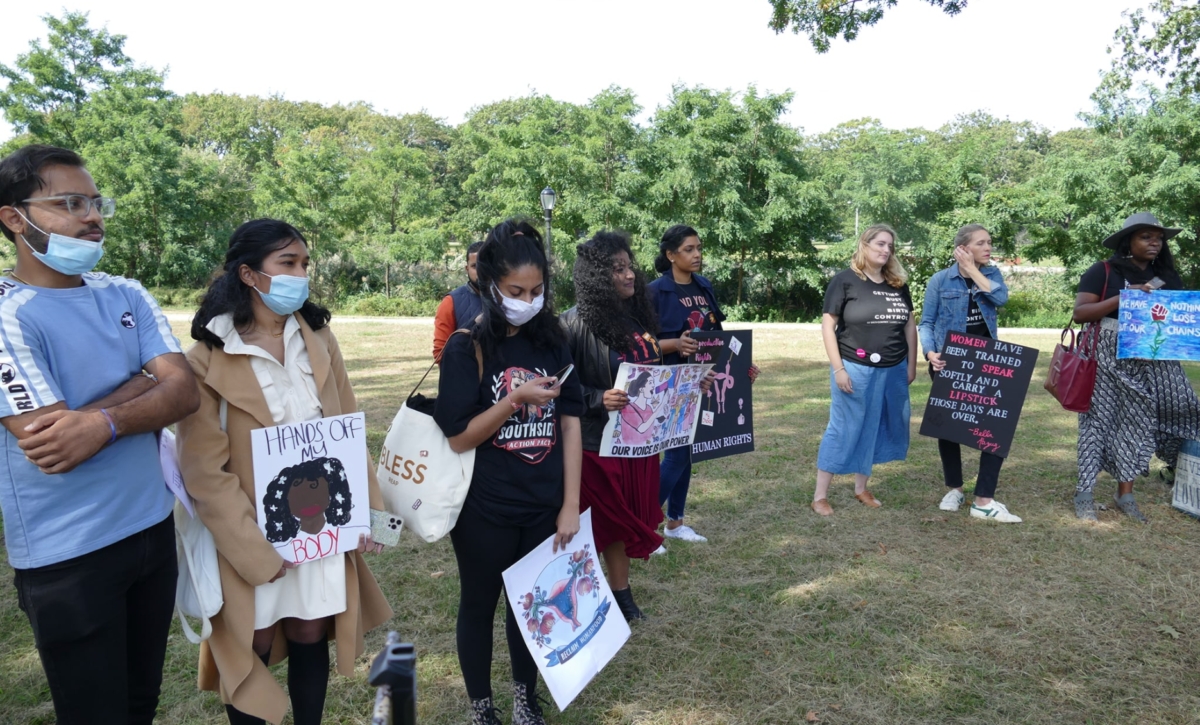
Aminta Kilawan-Narine, founder and director of SQWM, said there has never been a more critical time for people to show up in support of women’s rights, as the House of Representatives passed the Women’s Health Protection Act on Sept. 24.
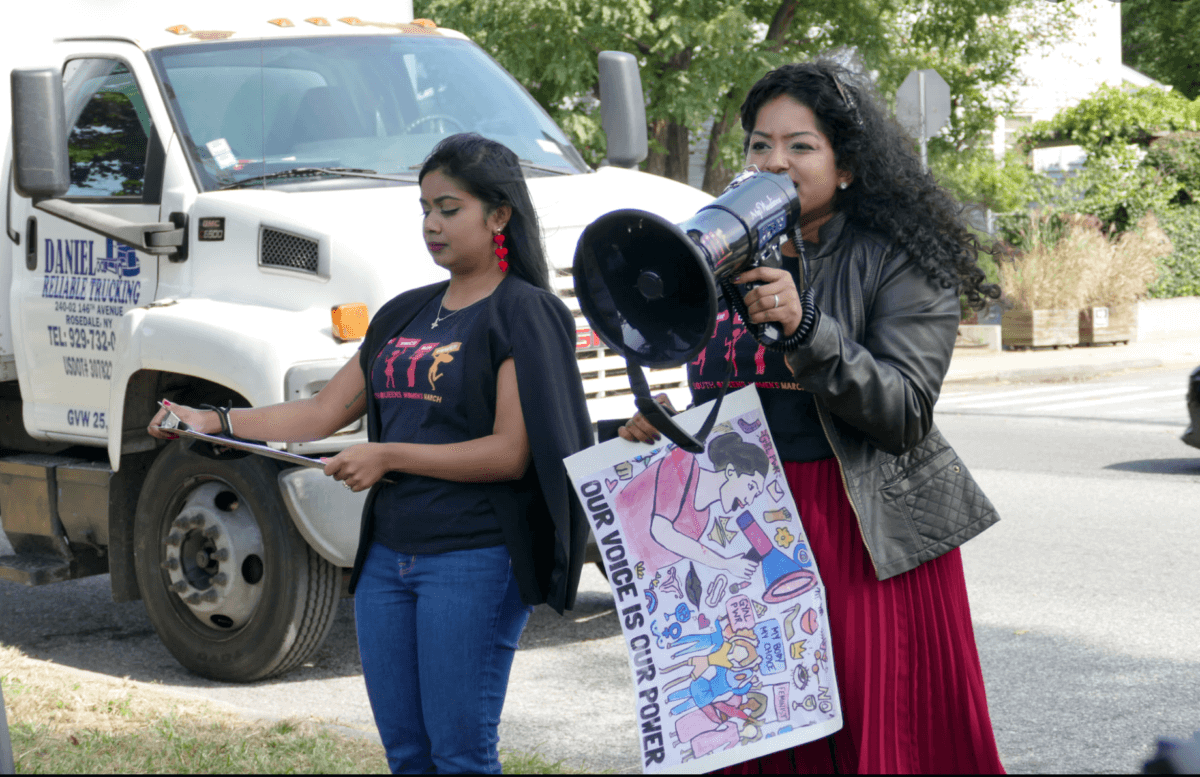
The legislation protects a person’s ability to determine whether to continue or end a pregnancy, and to protect a health care provider’s ability to provide abortion services.
The passage of the legislation comes after Texas’ abortion law — the most restrictive in the country — prohibits abortion as early as six weeks, which is before some women know they are pregnant.
“Last week, the House of Representatives took a step toward securing our reproductive freedom by passing the Women’s Health Protection Act. But, we know the harsh truth — there is a difficult road ahead to pass the bill in the Senate and to protect our right to have an abortion,” Kilawan-Narine said. “We are reckoning with a Supreme Court that leans conservative and have many anti-abortion extremists sitting in the U.S. Congress. We must therefore raise our voices to defend our rights under Roe v. Wade. We cannot go backwards in time.”
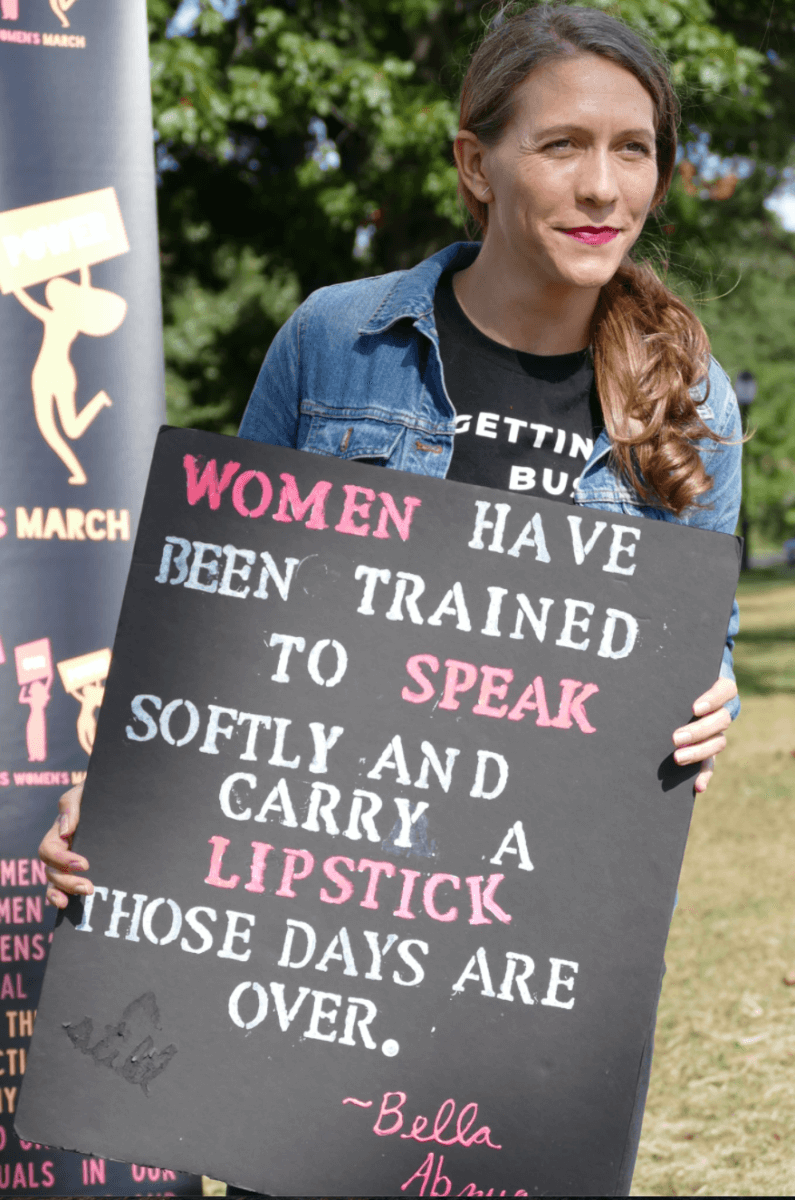
Tannuja Rozario, founding board member of SQWM and a reproductive rights activist, said it’s important for the community to come together during this time, as 90 abortion restrictions have been enacted alone this year and states continue to ask the Supreme Court to overrule landmark decisions in Roe v. Wade and Planned Parenthood v. Casey.
“The communities that are most impacted by these restrictions are our own communities — women of color, immigrants, the LGBTQ community, and working class people,” Rozario said.
According to the Centers for Disease Control and Prevention (CDC), Black, American Indian, and Alaska Native (AI/AN) women are two to three times more likely to die from pregnancy-related causes than white women.
In Queens, rally-goers were among thousands of Americans who participated in more than 660 rallies across the country on Oct. 2.

